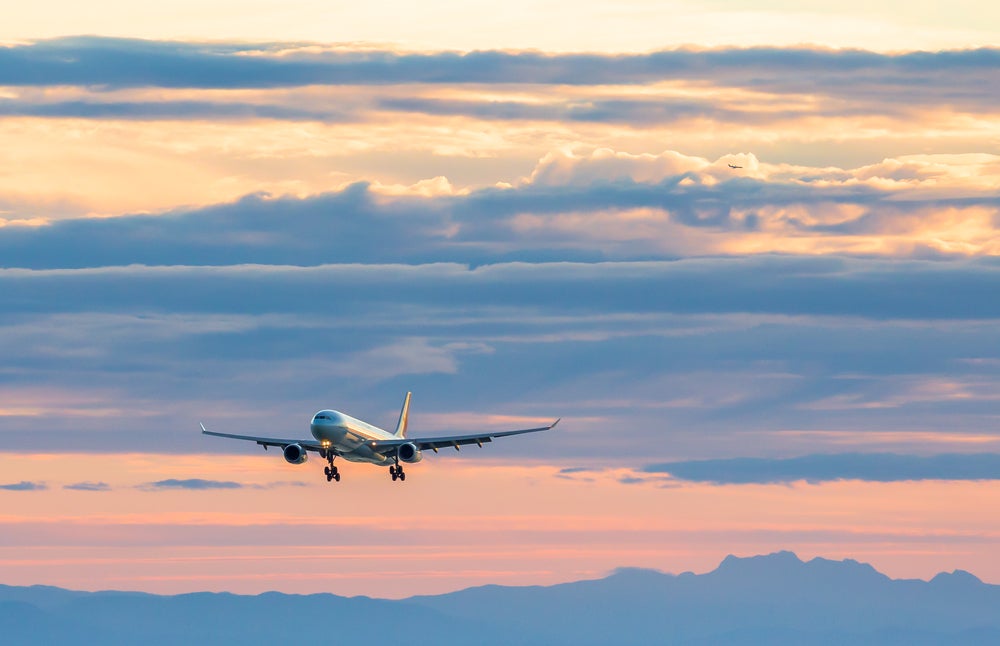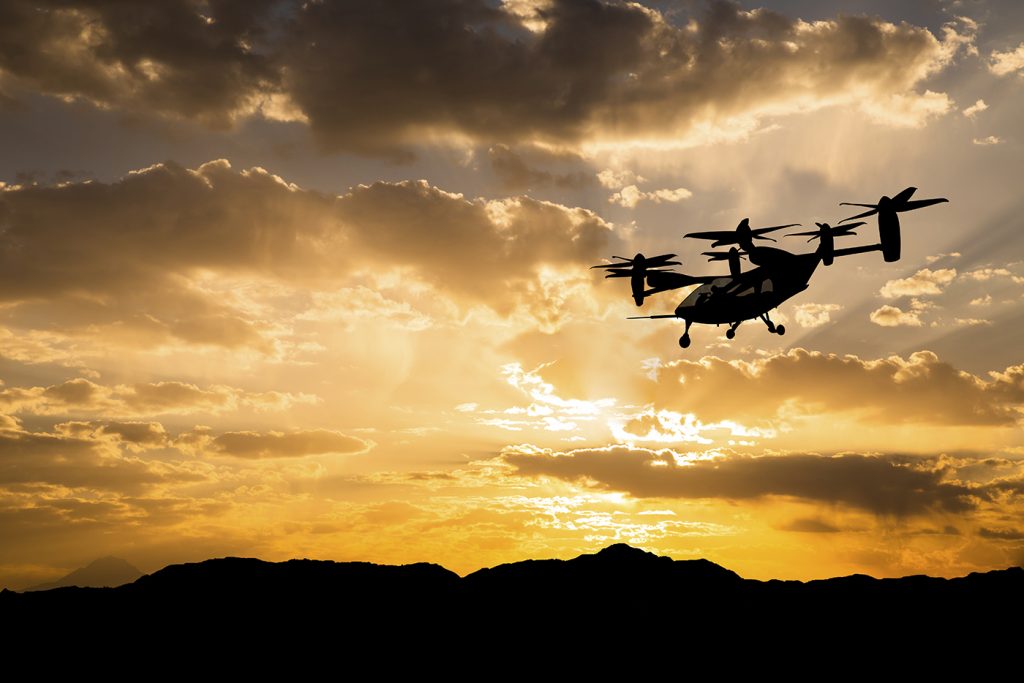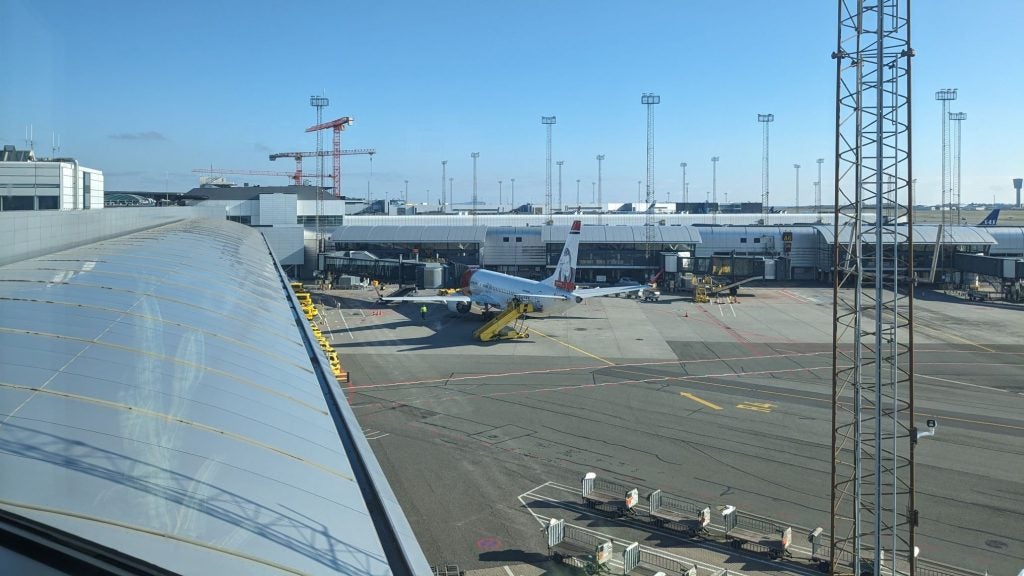
A persistently poor environmental record, recent and compelling safety concerns, and abject customer service standards make commercial air travel a prime target for improvement.
Aviation is responsible for 2.5% of global carbon emissions, and as the industry pivots towards more environmentally conscious operations, companies can implement broader improvements for commercial gain.
Ultimately, holistically reimagining aircraft travel to address environmental concerns could revolutionise the air transportation industry.
Wet-air producing, jet lag solutions
Outside of comfort and affordability, shorter travel times are a key factor that differentiates between flight offerings.
Travel times have a significant impact on route selection, the amount of fuel consumed, the carbon dioxide (CO₂) emissions produced, and customer satisfaction. Shorter flight times reduce fuel consumption and operational costs for airlines while getting passengers to their destinations faster.
See Also:
Concorde, before its grounding, became renowned for its transatlantic speed. By optimising flight routes, times, and operations, airlines can become more sustainable in resource use and more competitive within the industry.
How well do you really know your competitors?
Access the most comprehensive Company Profiles on the market, powered by GlobalData. Save hours of research. Gain competitive edge.

Thank you!
Your download email will arrive shortly
Not ready to buy yet? Download a free sample
We are confident about the unique quality of our Company Profiles. However, we want you to make the most beneficial decision for your business, so we offer a free sample that you can download by submitting the below form
By GlobalDataAs time savings and sustainability become increasingly important differentiating factors within aviation, environmentally conscious innovation will become commonplace.
Ecojet, Ecotricity founder Dale Vince’s latest venture, aims to offer zero-emission flights in hydrogen-electric aircraft by 2026. Ecojet’s new aircraft’s only emissions will be water (and the emissions associated with the production of electricity for it to run), bringing shorter-distance air travel closer to net zero than before.
Keep calm, carry-ons, and cargo
Airlines can promote flexibility within their operations, from dynamic cargo loading and mixed-use containers to real-time inventory and fuel efficiency management, to reduce the number of flights and fuel consumed, as well as maximise cargo capacity.
Despite freight transportation only making up between 5%-10% of most major airlines’ revenue, minimising the number of flights needed is important. The efficiency gains, operational cost reductions, and the enhancement of a company’s environmental sustainability portfolio could all improve profitability.
The need for progress in sustainability extends to the entirety of the air travel value chain. With a tarnished public image following repeated equipment issues, there are opportunities for Boeing to showcase wider improvements in its commercial and freight offerings, alongside demonstrating the necessary safety standards.
Enhanced scrutiny of all companies within the value chain of the aviation industry will ensure better outcomes for all.
Spreading the wings of potential
Changing the perception of air travel – through increased public conscientiousness, climate awareness, and changing work practices – is another way in which aviation can become more sustainable.
The slow-travel movement and conscious consumerism both advocate for purchasing decisions to include ethical, environmental, and social considerations. Elsewhere, flight shaming – aimed at everyone from celebrities to world leaders – is a more militant form of climate conservation advocacy via social pressure.
The advent of work-from-home-enabling technology, from virtual meetings to fully remote work has reduced the necessity of expensive and highly CO₂-emitting business air travel.
It remains to be seen whether truly equitable, environmentally conscious, moderately convenient, and efficient aviation is on the horizon. The wide-ranging benefits that are within reach of the air travel industry may yet be obscured by the smog of fossil fuel emissions, unnecessary and inefficient travel, and morally dubious companies and actors.
Either way, as awareness of the costs and processes of the aviation industry grows, more people will be provided with the tools for both more mindful and sustainable travel.









Related Company Profiles
Aviation Industry Corp of China Ltd
The Boeing Co